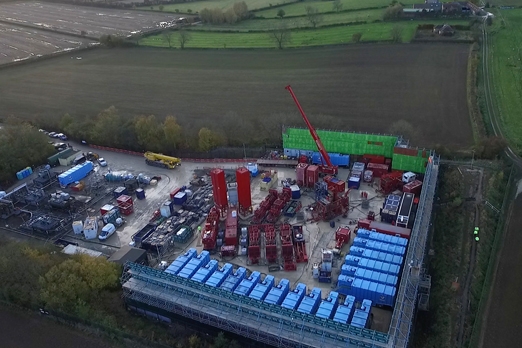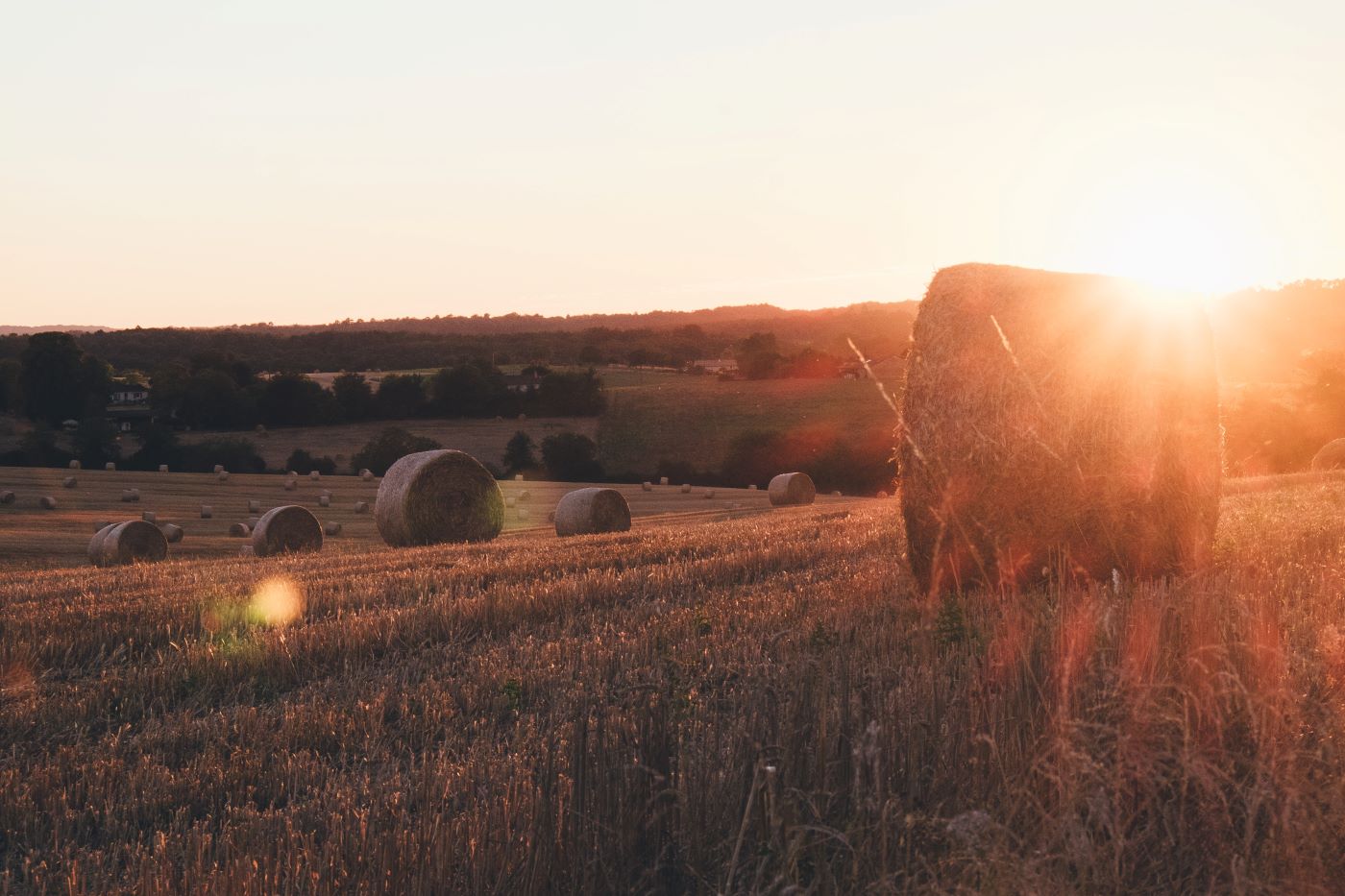Democratic deficit
Over the past few years, government planning regimes have continued to exert pressure to ‘streamline’ decision-making over fracking, despite local authorities’ need for time to weigh up the evidence. Now the government is pushing through measures at a time when fracking faces significant opposition from the public.
In May 2018 the government outlined a raft of proposals to further streamline the planning process for fracking, including a range of new measures that would take decision-making further out of local hands. We see this as a blatant disregard for the concerns local communities and the general public hold over fracking, and will campaign against such measures until they are dropped.
Government surveys show that fracking only has 18% active support, a quarter of the support enjoyed by renewables. Applications for fracking have received thousands of objection letters, and a petition to stop fracking in Lancashire in 2015 received over 50,000 signatories. In the past few months, local councils have been representing these genuine concerns by continually rejecting fracking plans and holding up these objections at public inquiries.
In the face of local opposition to fracking, the industry continues to push through applications using government-granted special treatment to determine applications at the national level, and challenge in court any decisions made against them.
Preston New Road in Lancashire is currently the only site expected to begin operations in the immediate future, but other sites are likely to become active over the coming months. Third Energy’s site in Kirby Misperton, North Yorkshire, was tipped to be the first site for fracking this year until the company delayed operations to the autumn. Ineos, a major industry player, intends to place 10 new fracking applications in the setting of the North York Moors this year.
Recent proposed changes to national planning policy are also weighted in favour of fracking, further strengthening an already pro-fracking government policy context.
More information on our response to these new proposals can be found in this briefing.
Cumulative Impact
Current wording in planning policy allows drilling for fracking to occur under depths of 1200m in AONBs and National Parks. If allowed, the ability to frack just outside national parks and underneath them would result in little difference than if fracking were allowed just within them. As our recent report, Beauty Betrayed, demonstrated, developments in the setting of AONBs and National Parks can sometimes have greater impact than development within them, due to the blocking of the view that was the reason the landscapes were given protection in the first place.
Recent research has revealed that to replace even 50% of our gas imports, one new well would have to be drilled every day for the next 15 years – that’s 6100 wells in total (almost 5,000 football pitches in area). Worse still, vast swathes of our countryside are under threat from activities very similar to fracking yet do not fall under its statutory definition. A recent investigation has revealed that 177,000 acres of protected areas in the south east of England are now exposed to oil exploration using acidisation practices that are in many ways potentially more dangerous and untested than fracking.
Ultimately, the principles in planning that afford protection to designated landscapes and from cumulative impact to the countryside in general are being ignored. If the government want to pursue fracking on the scale they have proposed, they must first explain how these plans would not lead to industrialisation of the English countryside.
Wider impact
Our countryside is already feeling the effects of climate change and these impacts will become more acute over time if fossil fuels, such as shale gas, continue to be relied on at the expense of lower carbon alternatives. Farming and rural communities are already suffering the effects of wetter winters, more storms, high winds and shifting seasons.
At a time when the UK is struggling to meet its current climate change targets, and intend to increase these targets in line with the Paris Agreement, we are further than ever before in being able to justify the robust pursuit of an indigenous fossil fuel industry.
We all have a role to play in making our energy system more sustainable, from reducing consumer energy demand, to greater energy efficiency measures from government. Given the grave threat posed by climate change to the future of the English countryside, we rapidly need to move away from fossil fuels towards low carbon energy.
Fracking has been associated with a number of health and environmental risks due to the inherent dangers with injecting a large amount of chemicals underground and the subsequent fracturing of rocks. Earthquakes, particularly in former mining areas are one such risk - an earthquake resulting from operations in Lancashire led to a temporary moratorium on fracking in 2011.There is also the potential for fracking fluids to leak into local aquifers, and contribution to water shortages due to the substantial usage of water in the fracking process.
This position is set out in more detail in CPRE’s Policy Guidance Note (PGN).




